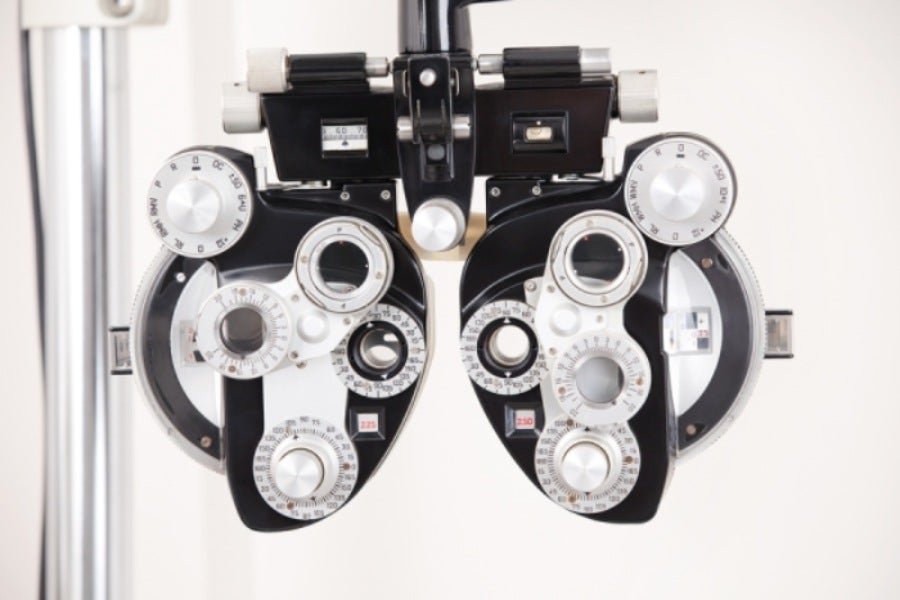
Although eye exams seem to only be an examination of how good or bad your eyesight is, it actually comprises of much more things. Eye exams are a great part of preventative care when it comes to your health, just like getting regular physicals from your doctor is as well. Even if you feel like you have no afflictions and that you see everything perfectly clear, you should make sure to schedule regular eye exams at Spindel Eye Associates in order to make sure everything about your eyes is healthy.
Correct Your Vision
The most obvious reason of why regular eye exams are so important is that you can correct your blurry vision. Having an up-to-date prescription ensures that you’re always seeing as clearly as possible, especially if you feel like your prescription’s changed since your last exam. Glasses prescriptions are only good for two years, and contact lens prescriptions are only good for one year, so whether you wear glasses or contact lenses, you should schedule regular eye examinations in order to have the correct prescription to bring to your optician when you want new glasses or contacts.
Find Potential Eye Conditions
Because some eye conditions are without symptoms until it’s too late, you’ll want to make sure to see our doctor on a regular basis. By getting annual eye exams, the doctor can determine if anything’s changed or out of the norm. Glaucoma, cataracts, and other types of eye disorders are hard to detect by yourself in their early stages, so let our doctor examine you thoroughly annually in order to give you peace of mind about your eyesight.
What to Expect During an Eye Exam
Knowing what’s going to happen during your eye exam can help settle any nerves you may have before you visit Spindel Eye Associates. Below is a list of all the procedures our doctor will perform on you.
First, we’ll ask you about your eye health history so we can pay extra attention to any subjects of concern. Then, we’ll perform an eye muscle test. This is usually done by having you look at a pen while we look at how your eyes move.
The next part is the visual acuity test. This is where you read letters on a chart placed on the opposite wall. We’ll usually have you read letters starting from the largest to the smallest, with one eye only, the other eye only, and then both eyes together.
After the visual acuity test is the refraction. We use a large machine called a phoropter that is placed in front of your face and it allows us to fine tune your prescription so that it is the proper one. Our doctor will also ask you a series of questions.
Next is the retinal exam. Eye drops may be instilled into your eyes in order to dilate your pupils so that we can see the back of your eye, or we have a retinal camera called the optomap which the doctor may recommend instead of dilation. Your eyes may be very sensitive to light for several hours after the dilated exam, so we suggest bringing sunglasses with you to shield your eyes from the sun afterwards.
If it’s been some time since you’ve had an eye exam done today, consider scheduling one with us today. It’s important to have a proper prescription and to catch any eye conditions you may have early on, so don’t delay.

